I kind of hate to be "that guy" (but not really), but to open up the battle wounds on the age-old, neverending debate, Inuyasha really isn't an isekai anymore than, say, Steins;Gate is. It's a time travel story taking Kagome to the same exact location in the past as her family's shrine property, with even some of the same landmarks (Goshinboku) still there. And MAL's tags are incorrect at least by omission frequently enough to not want to defer to them as a final authority, but I think at least in this case they got it right in not including the isekai theme tag on Inuyasha's page in the database for that reason.
But I get in that a lot of people assuming it was one or thinking about it in such terms still could have influenced the isekai subgenre at a time when entries into it were more sparse and it was considered relatively new territory (at least for anime).
I always hear Escaflowne mentioned in the same breath and while I personally haven't seen it myself, that was released even earlier, coming out in 1996, so could be seen as more of the progenitor of late 20th century isekai which took us into the wave of 21st century isekai. That and maybe its even slightly earlier released cousin, Fushigi Yugi, which came out in 1995.
Even though the substance and actual mechanisms at play concerning what happens in Inuyasha is different, I do think it shares some thematic overlap with what I know of those and other earlier isekai though which is a marked contrast from the post-2012/Sword Art Online wave of isekai we've seen many of the past 12 years or so. Just having a female protagonist is already a radical enough deviation. And then there's the fact that the female protagonist typically wanted to go home, or at least, wasn't using the new world they stumbled into as an escape from a life they considered bleak and depressing back home.
I personally wonder what that says about the changing culture and how it's influenced art on this topic. Whether someone is reincarnated from birth as a newborn baby, transported/teleported in their exact same body in one piece to the new universe, or their consciousness takes over another already older living person in the new universe (I saw this variant at least in Isekai Yakkyoku), it's almost taken as a given in these modern isekai that home and life on Earth isn't a place worth going back to. It's not just about the novelty of an exotic place and exciting adventure, but more like liberation from a dreary imprisonment.
|

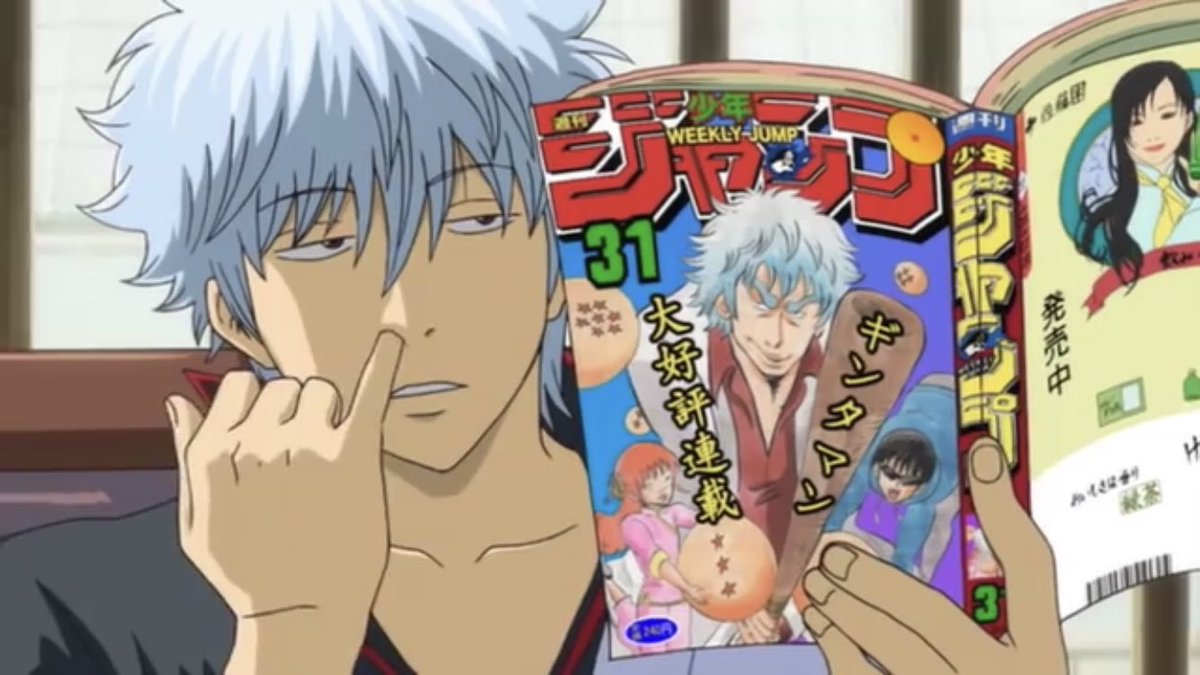




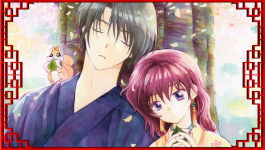
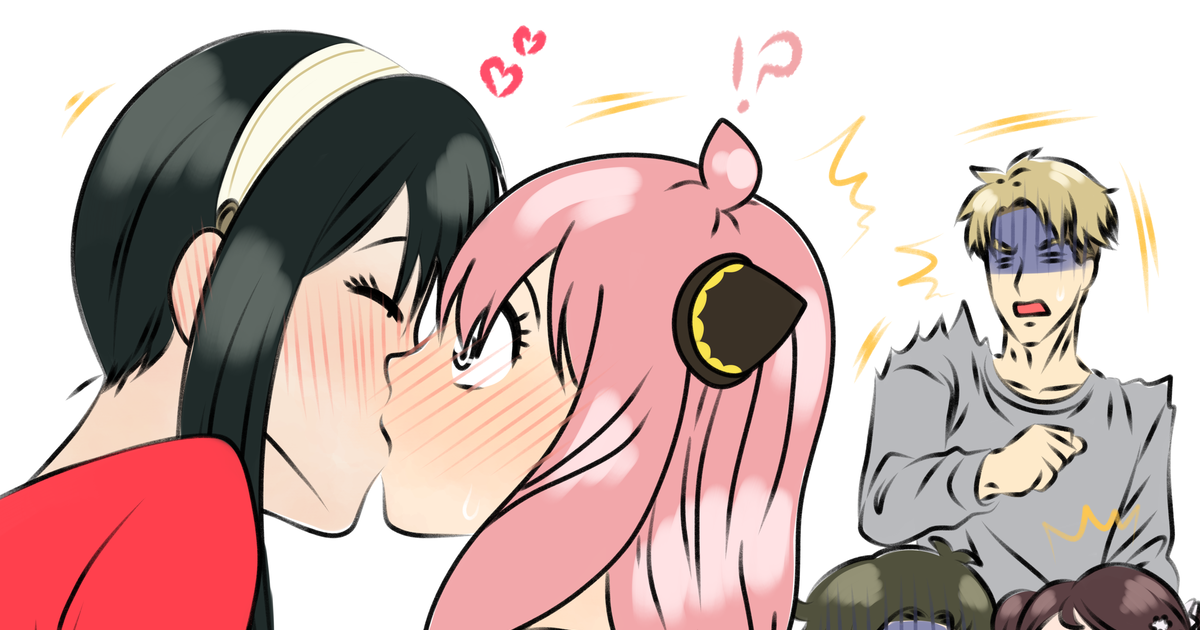
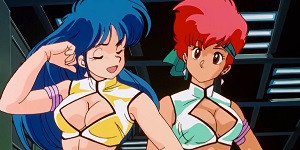

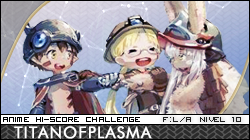
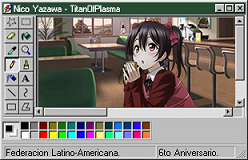 Mi música chiptune (auténtica, no fakebit) / My chiptune music (real, no fakebit)
Mi música chiptune (auténtica, no fakebit) / My chiptune music (real, no fakebit)